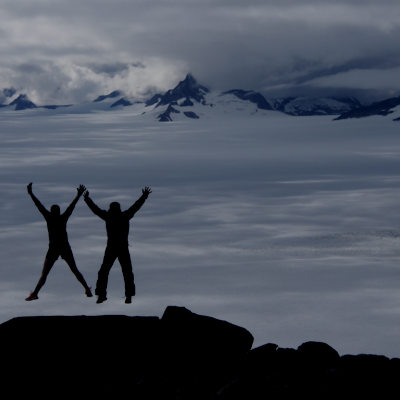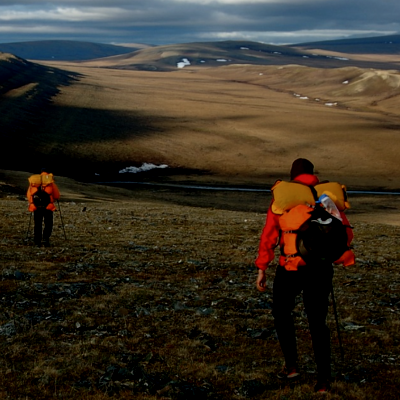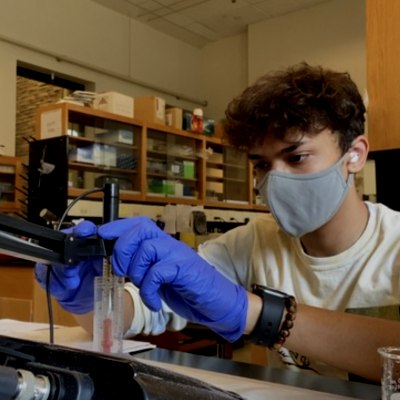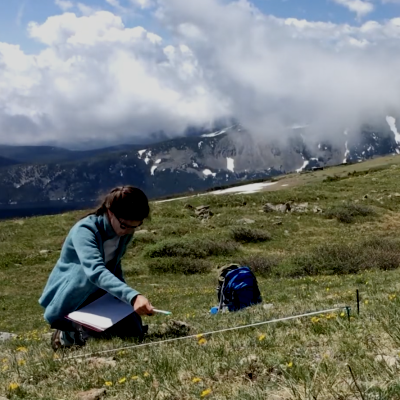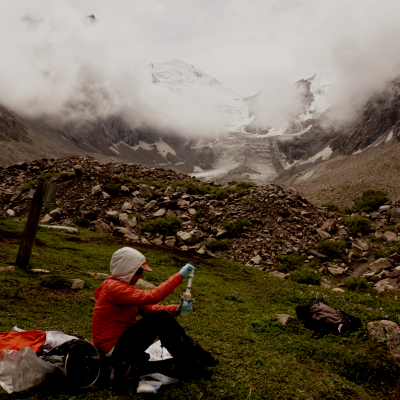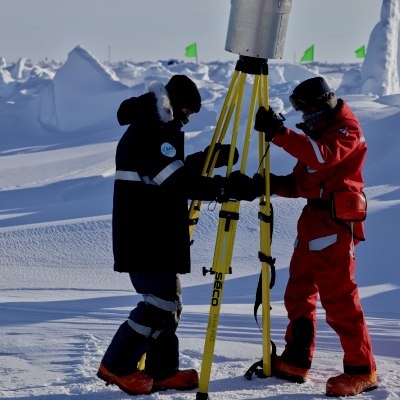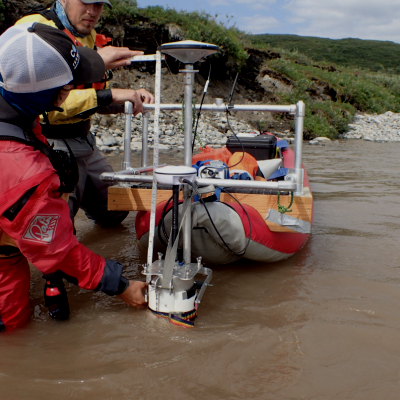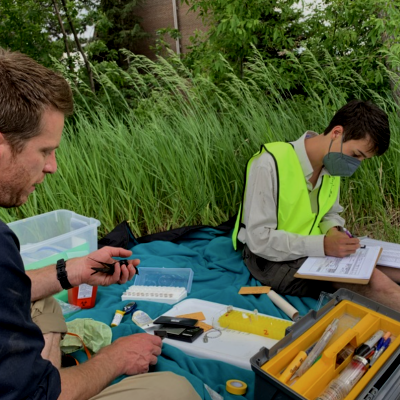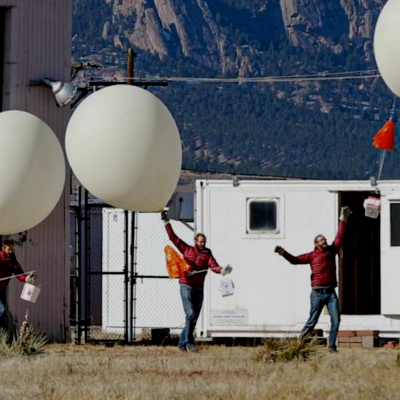Mentoring
Explore CEEE's resources on mentoring to learn strategies for fostering supportive and effective mentoring relationships and find opportunities to begin your own mentoring journey.
This collection includes tools to create, build, and support effective mentorship. These resources include information on career development and mentoring, methods for fostering mentor-mentee relationships, and templates for creating personalized mentorship agreements and strategies around active listening, and coaching conversations.
The Advancing FieldSaftey team has developed resources for effective mentoring as part of the ADVANCEing FieldSafety Toolkit. Learn more about the program's goal of building a safe and welcoming field environment within the Geosciences and beyond on the Advancing FieldSafety website.
Ready to start mentoring? Contact us if you want to start or continue your mentoring journey by signing up as a mentor for the Research Experience for Community College Students (RECCS) program.
Research Experience for Community College Students (RECCS)
The Research Experience for Community College Students (RECCS) is a paid summer research experience program open to all Colorado (and CO's surrounding states) community college students. The goal of RECCS is to give community college students an authentic research experience at CU Boulder. The program allows students to explore environmental or geosciences and gain the confidence to transition to a four-year program in the STEM (Science Technology Engineering Math) disciplines.
Mentors are the heart and soul of the RECCS program. They volunteer their time to support the next generation of scientists, teaching research skills, connecting their mentees with the field, inspiring them in their careers, and building confidence. In the process, they gain mentoring skills and (hopefully) inspiration from their interactions with a student from a community college, often from a non-traditional background.
Typically we recruit mentors in December & January for the following summer. If you are interested in mentoring for the summer 2026 Program, please fill out this survey or send a brief description of your proposed project to reccs@colorado.edu.
Check out the RECCS website!
RECCS mentors come from all parts of CIRES, CU, NOAA, USGS, and other institutions. Many are research scientists or faculty, but others are postdocs or graduate students. We encourage and support mentoring teams, where several mentors work together to support a single student, sharing the workload and ensuring the student is supported across vacations, work travel, hybrid work schedules, and other responsibilities.
Before the summer, mentors will define a research project for their mentee. Mentors will be matched with mentees by the RECCS team based on the mentee’s interests and skills and will have the opportunity to adapt their project knowing who they will work with. All mentors will be provided with training and resources to support them in their role as a mentor and will participate in mentor meetings with the RECCS team.
Mentors identify a wide range of projects for RECCS interns. Some involve fieldwork and data collection, while others focus on existing data sets. Some projects are a small part of a mentor’s research, while others tackle interesting questions mentors may not have had time for. Whichever you choose, a great research project can likely provide some results within about 6 weeks of student work and would be suitable for them to present in the student section of a conference.
You can see some of previous year’s research here.
For more information about a project, visit the RECCS website and click on the “Interested in Mentoring” tab.
The RECCS program is funded by the National Science Foundation, and your student will receive a good stipend and living/transportation costs at no cost to you. That said, we are always happy to work with scientists who would like to write support for a RECCS intern into your grants. If funded, we will work with you to identify a great student to work on your project during the summer, and they will be well supported by the RECCS program, freeing you from the work of recruitment, logistics, and professional development that taking on undergraduates often entails.
Our focus on building pathways to geoscience careers for all students, as well as a 10+ year track record, makes funding a RECCS intern an excellent addition to your Broader Impacts efforts.

